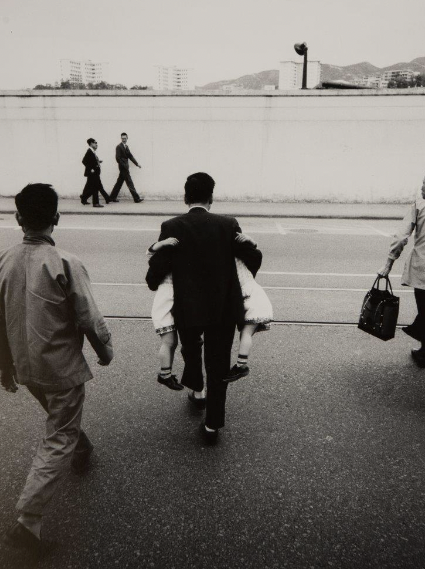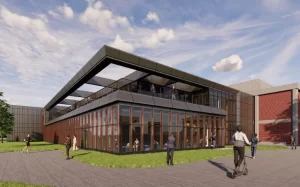News Team
In a conflict spanning 75 years, the recent bombing of a Christian hospital in Gaza has sparked international concern, underscoring the urgent need for action. This tragic event has given rise to investigations filled with discrepancies, encompassing the inquiries conducted by both Hamas and Israel, international reactions and the broader humanitarian crisis in Gaza.
The Christian hospital, al-Ahli Arab Hospital, stood at the epicenter of a devastating incident during the Israeli-Hamas conflict. The explosion occurred around 7 p.m. local time, resulting in an unimaginable loss of life and significant structural damage. Conflicting accounts emerged, with Palestinian officials accusing Israel while the Israeli army attributed the explosion to an errant rocket fired by the Palestinian Islamic Jihad. The United States supported the latter explanation, while other Arab states accused Israel.
The Palestinian health ministry reported more than 470 casualties, a number disputed by Israel and U.S. intelligence agencies, which estimated the number of victims between 100 and 300. Israel had previously ordered the evacuation of 1.1 million Palestinians in northern Gaza, including al-Ahli Arab Hospital, anticipating a potential ground offensive. The hospital received evacuation warnings from the Israeli military.
Inconsistencies in the narratives presented by both sides have complicated matters. Independent investigations uncovered conflicting evidence. Al Jazeera’s Sanad verification team suggested that the flash attributed to Israel was more likely the result of Israel’s Iron Dome missile defense system intercepting a missile from Gaza. Channel 4 found no conclusive evidence linking the midair and ground explosions. Bellingcat identified an impact crater, raising questions about the type of weapon used.
Israeli statements about the rocket’s launch site have also faced scrutiny, with audio recordings indicating a different direction from what was initially claimed. These discrepancies have made it difficult to determine the cause of the explosion.
The global response has been one of shock and concern. Protests erupted worldwide, and voices were raised against the dire humanitarian crisis in Gaza. Following these events, both President Joe Biden and UK Prime Minister Rishi Sunak visited Israel in a display of support. Another emerging event was the vetoing of a Security Council resolution that would have called for “humanitarian pauses” to deliver life-saving aid to millions in Gaza. Among the council’s 15 members, 12 voted in favor, one (the United States) voted against and two (Russia and the United Kingdom) abstained.
Iran has recently warned the U.S. against supplying weapons to Israel. Biden requested over $105 billion from Congress for humanitarian and military aid. The immediate opening of a humanitarian corridor at Rafah crossing to deliver aid to Gaza is a critical concern.
The humanitarian crisis in Gaza deepens, with hospitals and health centers inoperable, and medical staff casualties. Providing aid faces challenges, with delays at the Rafah crossing. The situation remains volatile, with escalating clashes between Palestinians and Israeli forces in the West Bank. Thousands of Palestinians have been displaced from their homes. Protests against Israel’s actions have erupted across the Middle East.
Connecticut has not been immune to global outrage. The state increased security around religious institutions amid the Israel-Hamas conflict. Whereas, one of the chief lobbyists for more than 50,000 unionized health care and service workers Kooper Caraway of New Haven, resigned Thursday, 10 days after denouncing references to the Hamas attacks on Israel as the acts of “terrorists.” On-campus and off-campus protests have taken place, with state residents joining the international call for peace and accountability. Discrepancies in the narratives underscore the need for impartial assessments.







+ There are no comments
Add yours